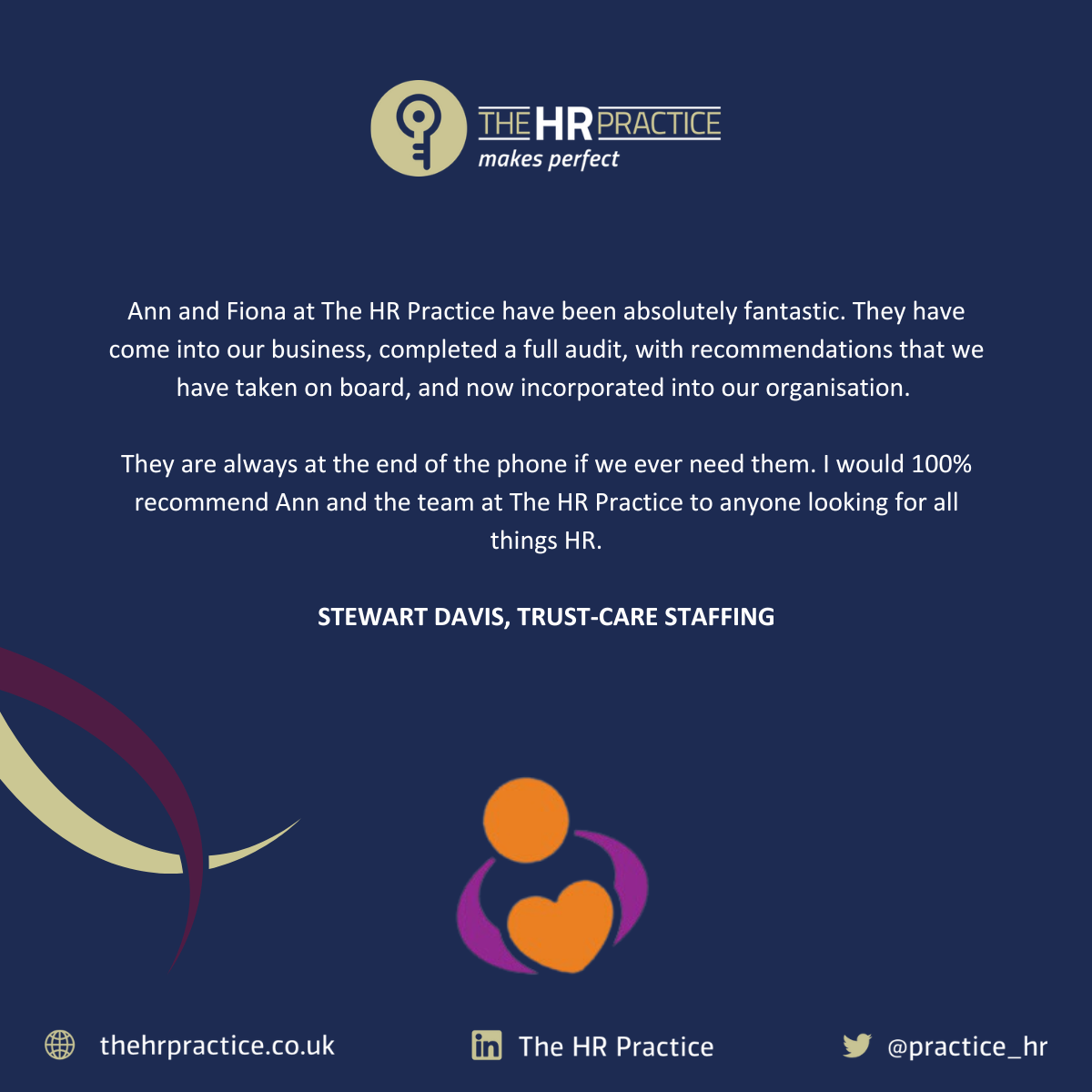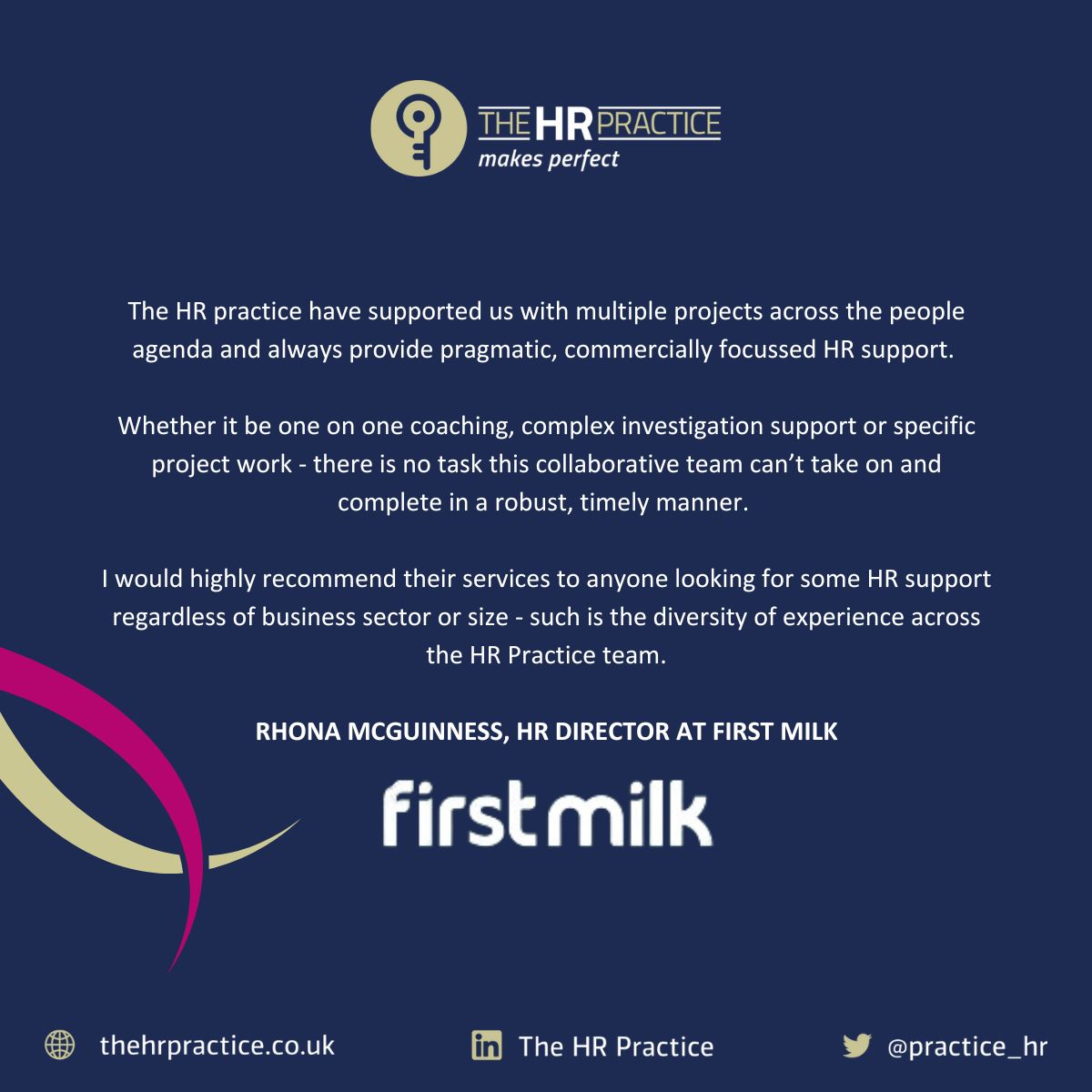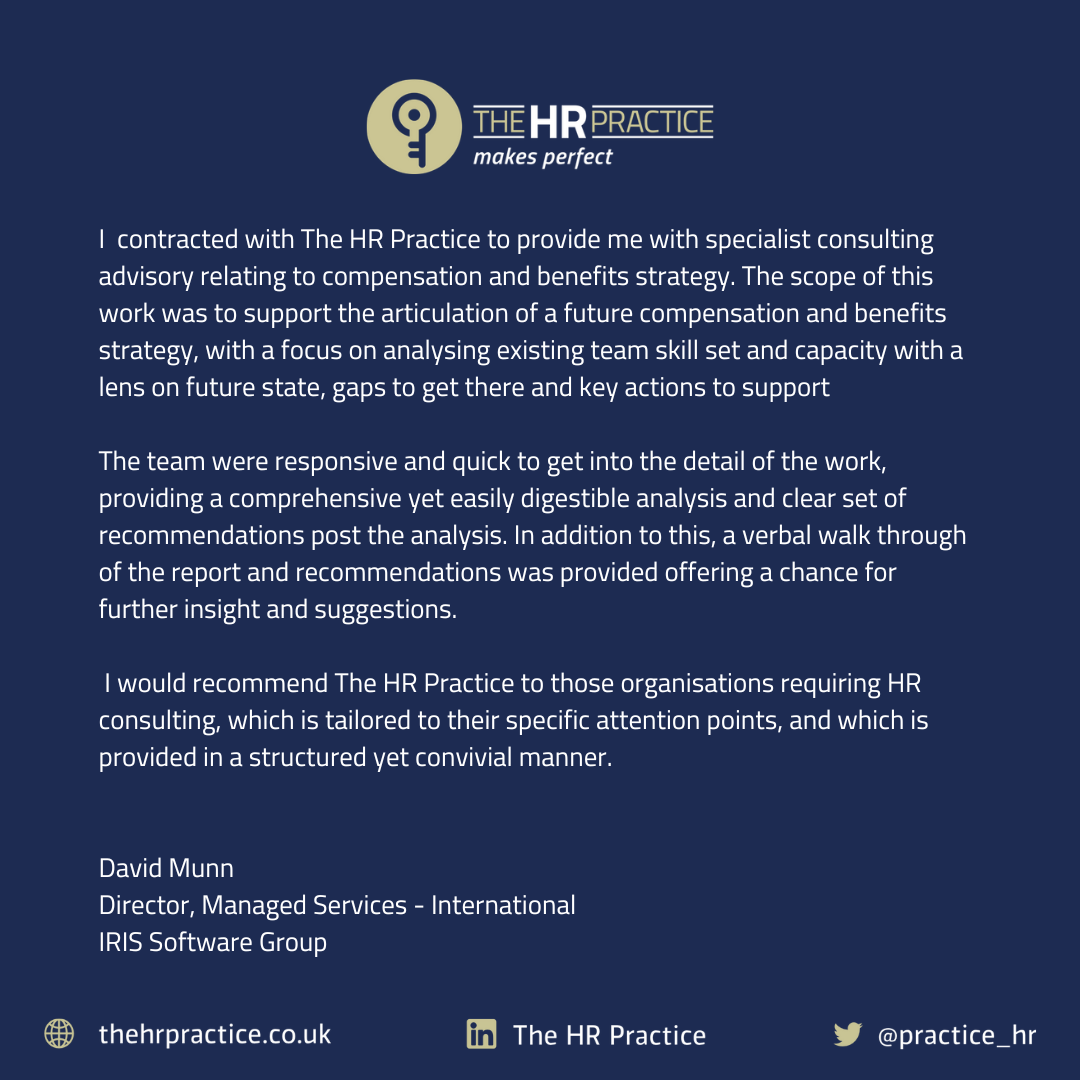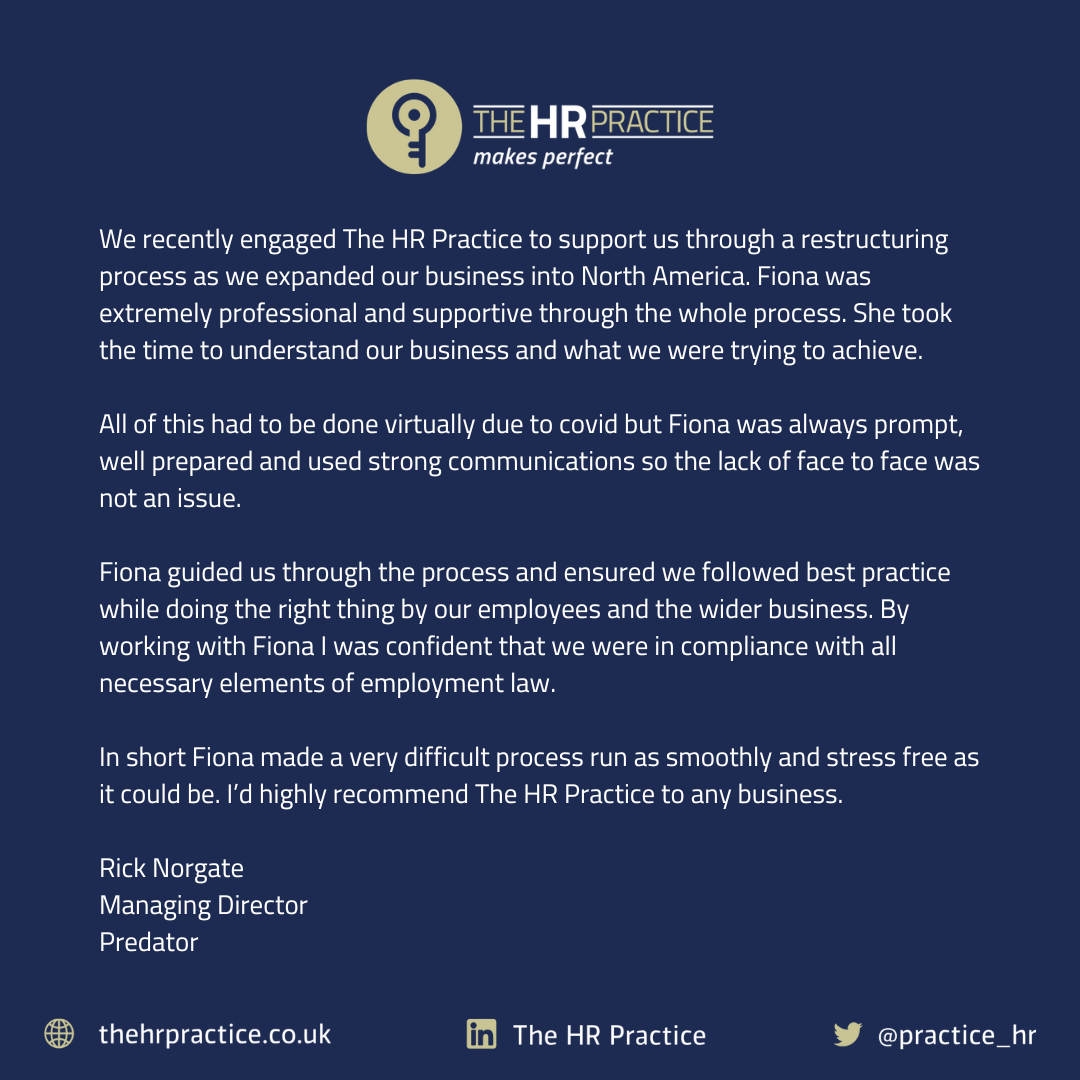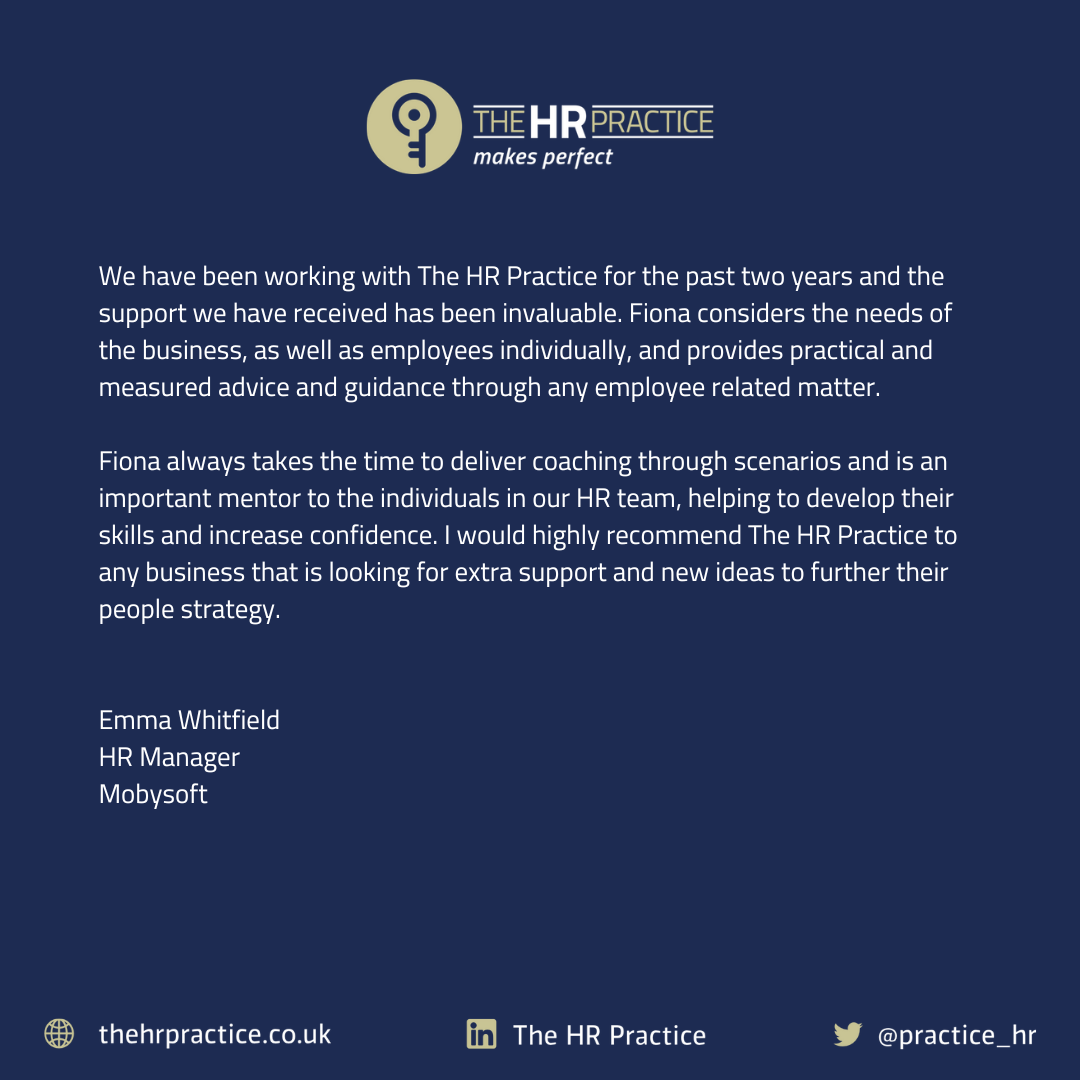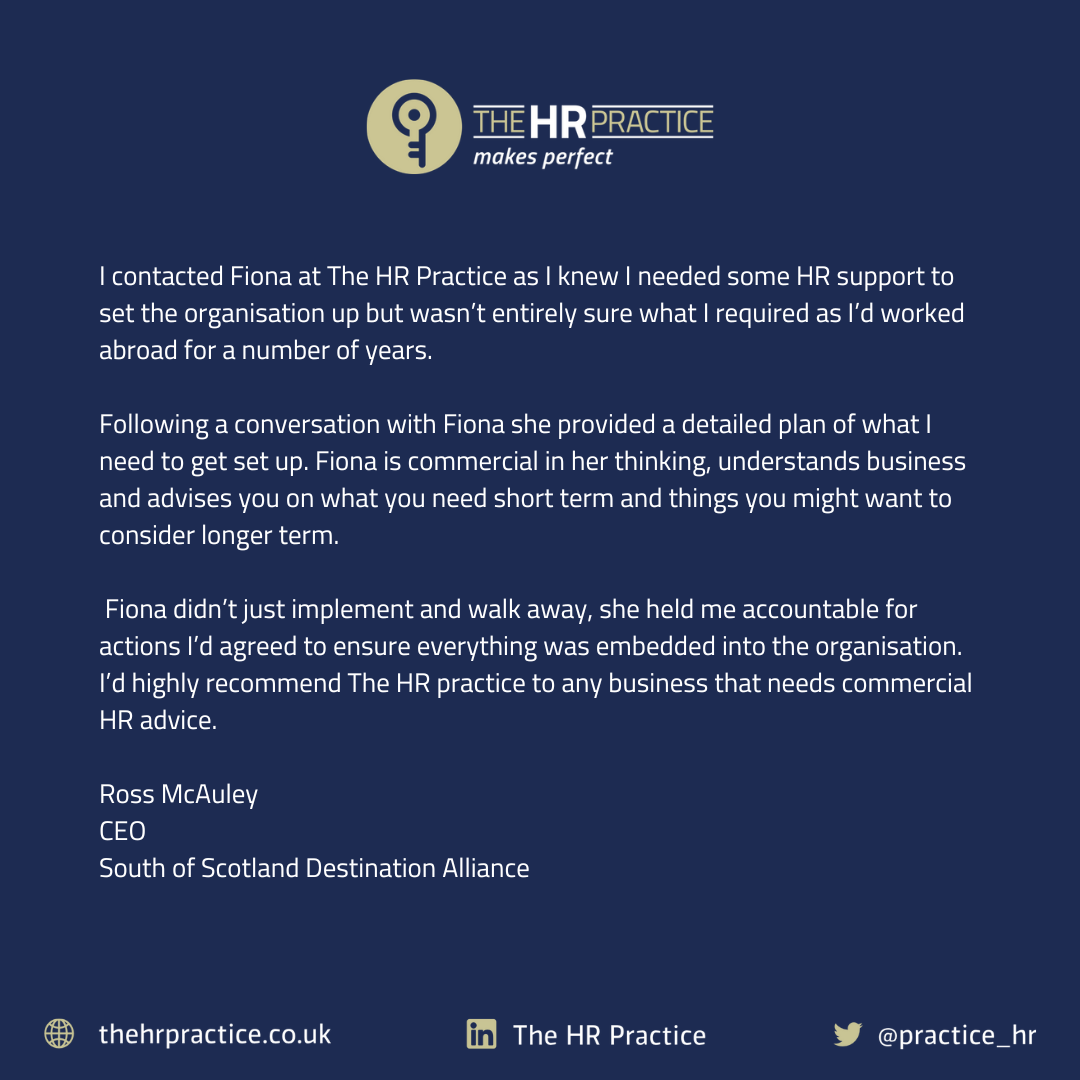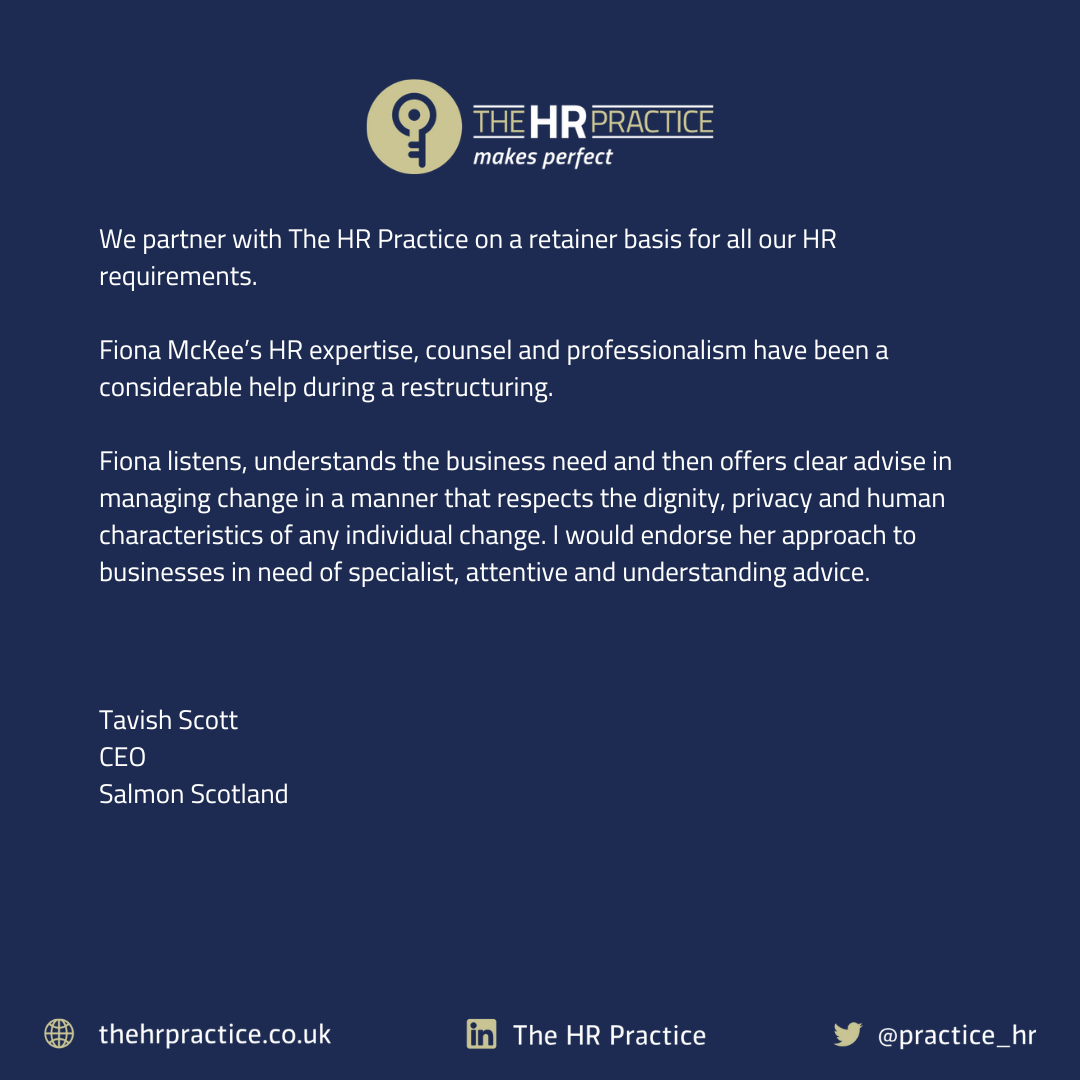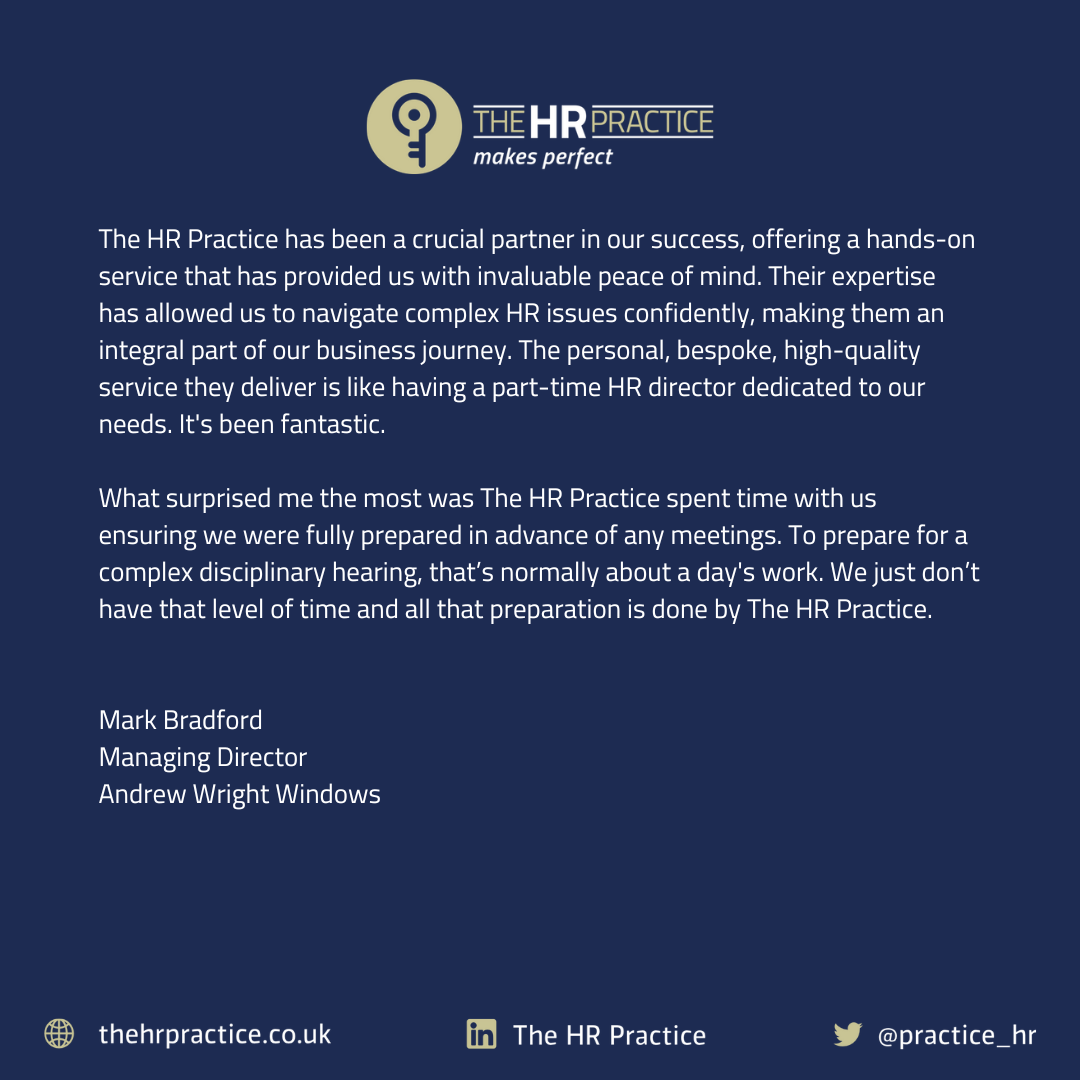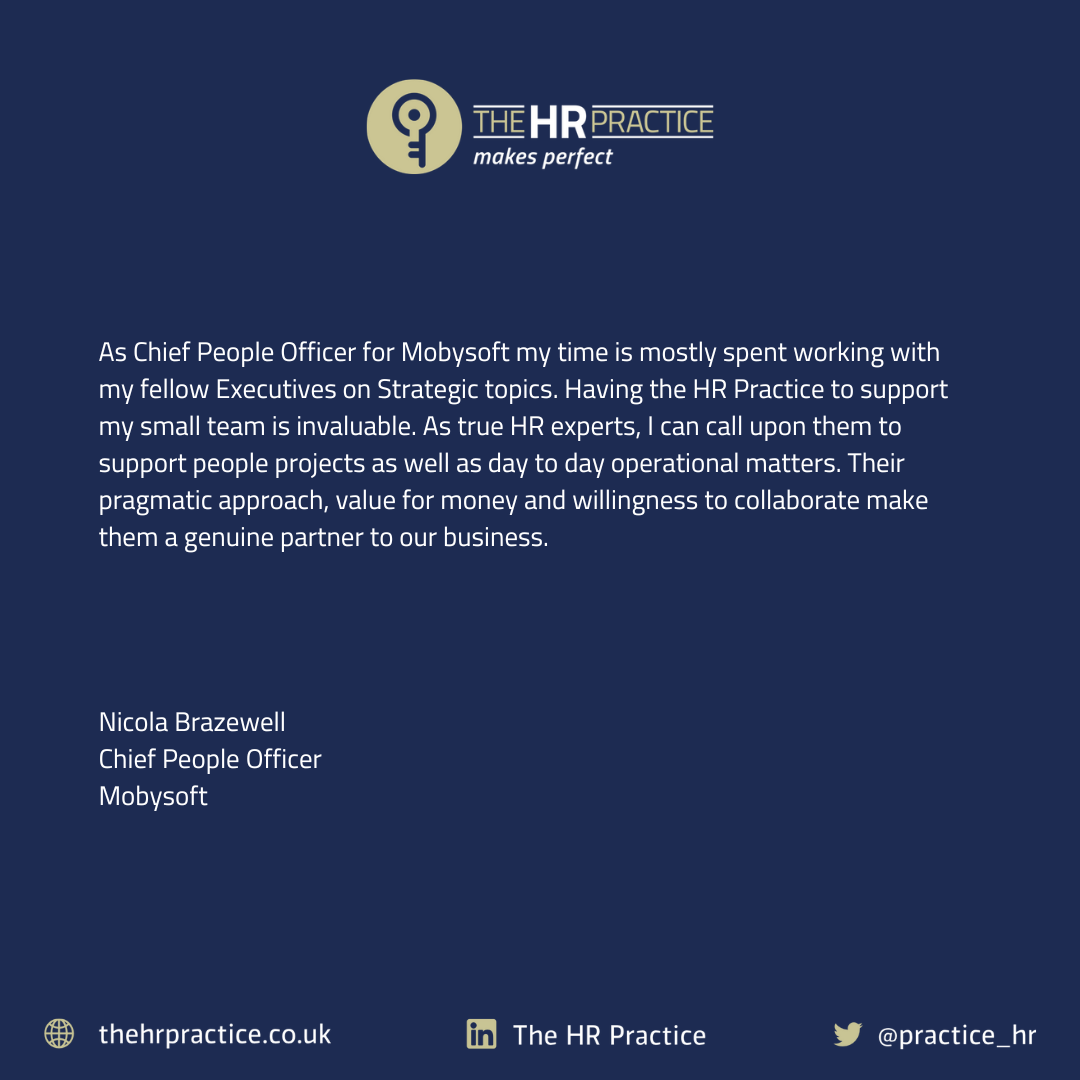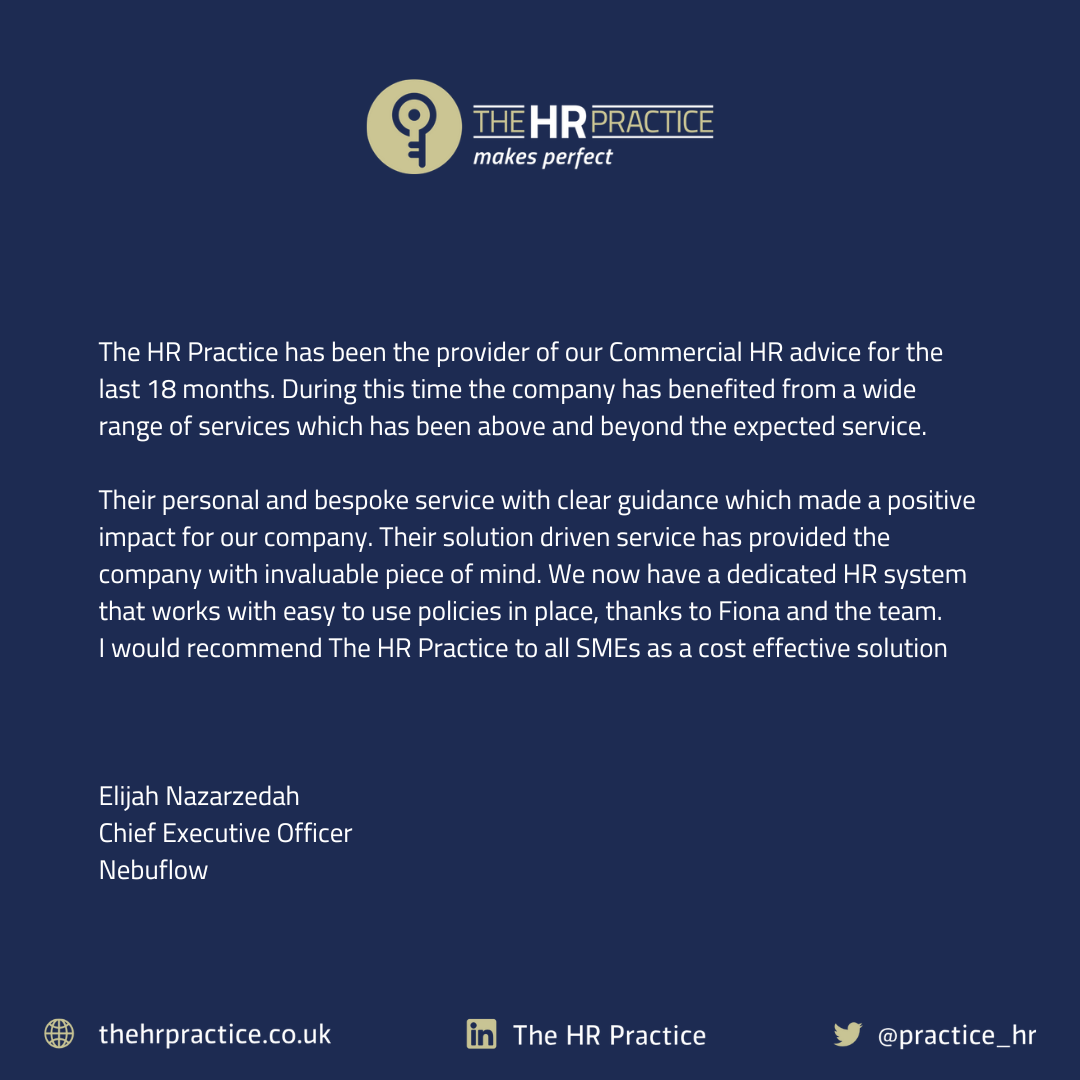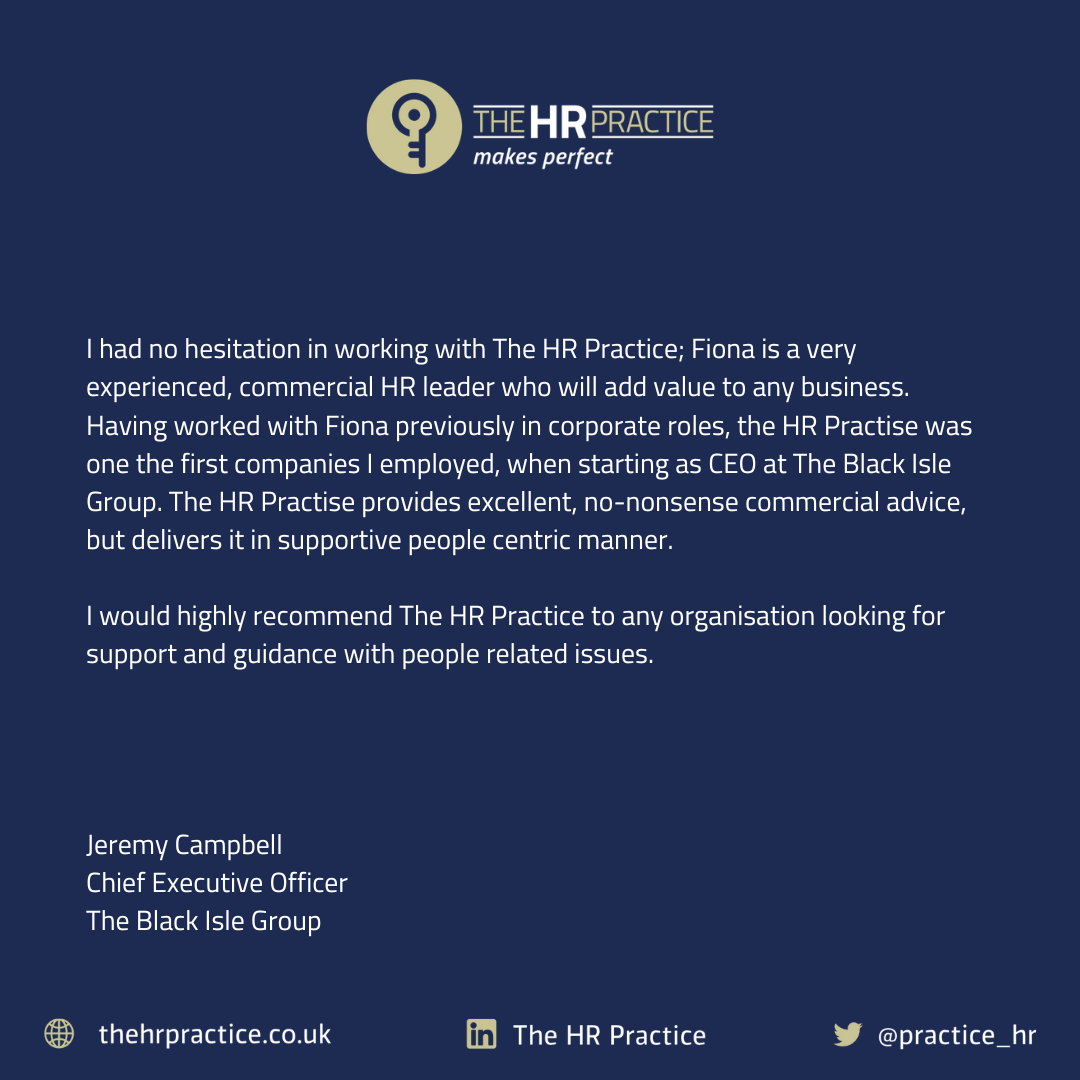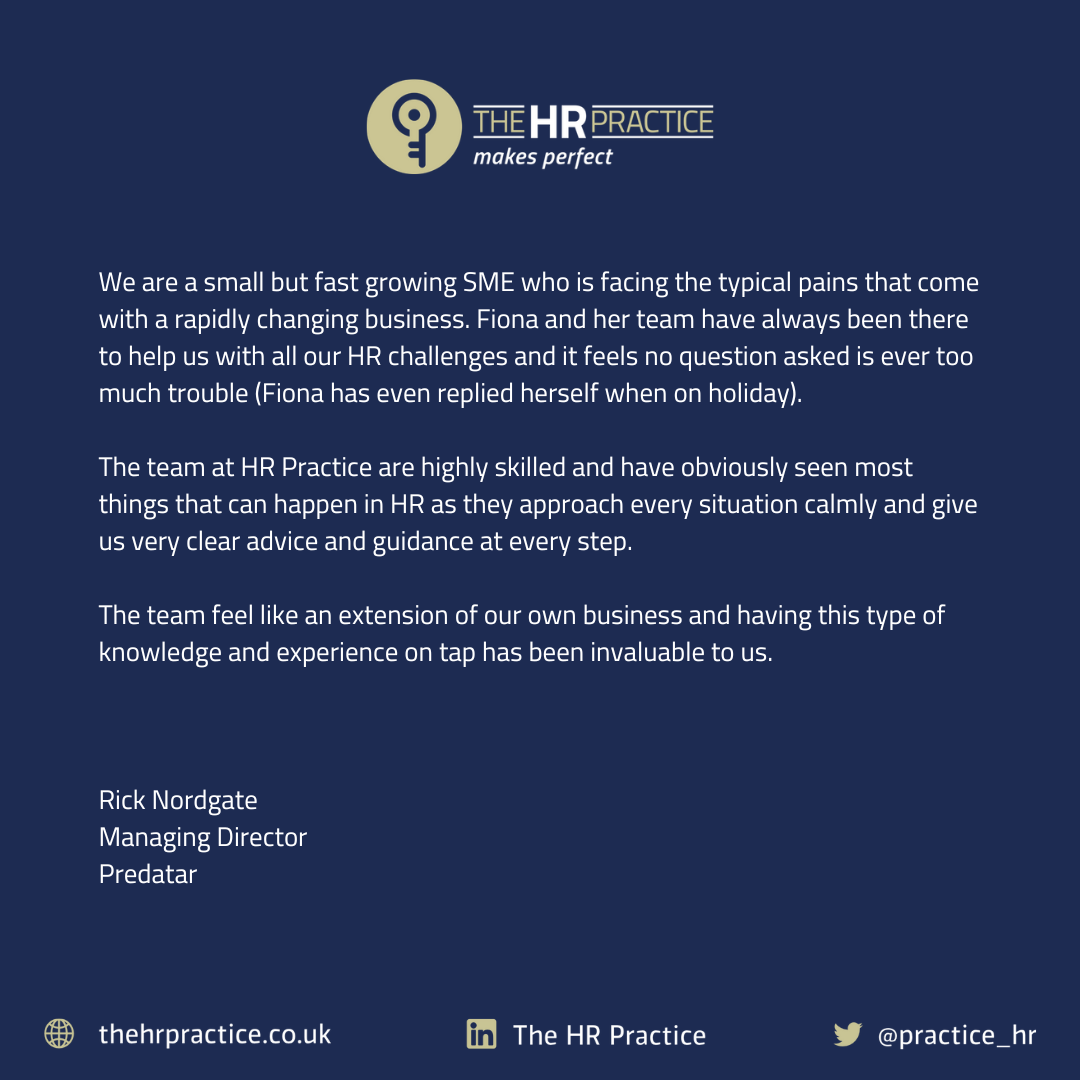Businesses are defined by the employees who operate them. As the owner of a business, you will naturally want only the very best employees in your team, as this will offer your business the best chance of success. Talent management strategies are vital; they allow you to both attract the top candidates and ensure they are committed to your business.
However, knowing what approach to take can be difficult. We’re here to help and have written up a guide with some key talent management strategies and techniques that will allow you to more effectively manage your team and take your business to the next level.
Talent Acquisition
The first and most important part of all talent management strategies is sourcing talented candidates.
However, before you can do so, you need to identify skill and talent gaps within your workforce. Go over your business in detail, assessing each segment and department to identify areas that could see improvement. Use employee performance tracking and study key performance indicators across a range of metrics to get a sense of where the gaps in your business are.
When advertising vacancies, ensure you are posting across various job boards and career portals. This will expand the reach of your listings and ensure you receive applications from a broad range of candidates. The job description in your listing should be clear, concise, and professional, and should reflect the values and ethos of your business.
The interview process is critical. Research has demonstrated that structured interviews with preprepared questions and assessments generate better results, so take the time to plan your interviews if you want to find the best talent.
Onboarding
Effective talent management strategies are all about ensuring your top employees are best equipped to handle their roles and responsibilities.
Onboarding is key to this. New hires must undergo comprehensive training and initiation processes to help them better understand the nuances of their position and to clear up any questions or queries they might have.
Onboarding should also work on an interpersonal level. The process should introduce new employees to the work environment and to their colleagues. They should be familiarised with the structure and organisation of your business and allowed to fully understand the managerial hierarchy.
All new employees can feel anxious or nervous when starting a new role. An effective onboarding process should help allay their fears and ensure they have the training and knowledge required to start performing at their best straight away.
Set Goals and Objectives
Owning a business demands excellent leadership skills. Even the most talented employees will look to you for guidance, and you must establish goals and objectives that give employees a clear roadmap to follow.
Employees need to be clear as to what their role is and what is expected of them. Objectives are a fundamental part of talent management strategies; employees must be aware of short-term targets and long-term business goals.
This will give your team something to work towards and will prevent them from becoming demotivated or distracted in the workplace. It can also give you a means to measure employee performance and track productivity.
Employee Development
Talented candidates are ambitious and will constantly be looking for ways to progress professionally. Talent management strategies are all about catering to the needs and desires of your employees in a way that also benefits your business. Offering employee development opportunities is one of the best ways to do so, it gives your employees a means to progress and allows your business to maximise their potential.
Ongoing training can be an effective employee development approach. Teaching your employees new skills can help them in their current position and allow for future role rotation. You should also offer opportunities for progression within your business. Promoting talented staff to more senior positions can further motivate them and see your business generate better results.
Workplace Culture
One of the most effective talent management strategies is to establish and foster a positive workplace culture.
Communication is key here. Your workplace should be an open environment where employees feel free to speak their minds and air their opinions. Employees who feel they have a voice will be more engaged with the business and will display improved performance levels.
It’s also crucial that you have an effective conflict management strategy in place. Conflict can cause disruption, which can negatively impact employees and your business as a whole. Practice active listening and work to identify underlying problems to address and rectify conflict issues before they get worse.
The final and perhaps most important part of establishing a positive workplace culture is to have a zero-tolerance policy on discrimination. If you want to retain your top employees, ensuring they feel welcome and accepted in the workplace is crucial. Discrimination of any kind should be eradicated from your workplace, and diversity training can be used to teach employees how to better welcome colleagues from marginalised or underrepresented communities.
Conclusion
If you want to attract and retain the very best employees, you must implement talent management strategies. By correctly managing your employees, you’ll give them the motivation they need to perform at their best. The relationship between your business and your employees should be symbiotic; they should help propel your business forward and your business should offer them a vehicle through which they can develop professionally and personally.


